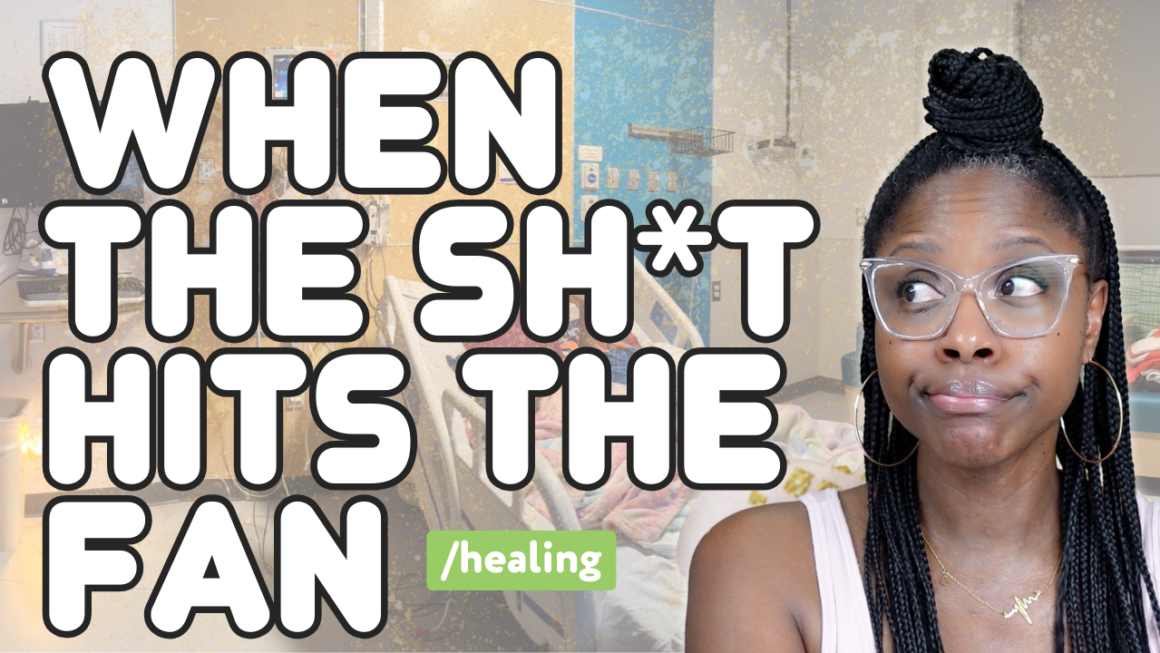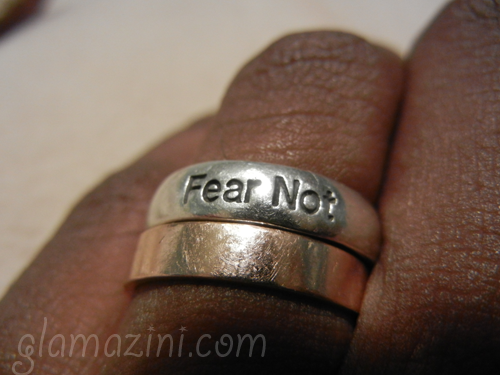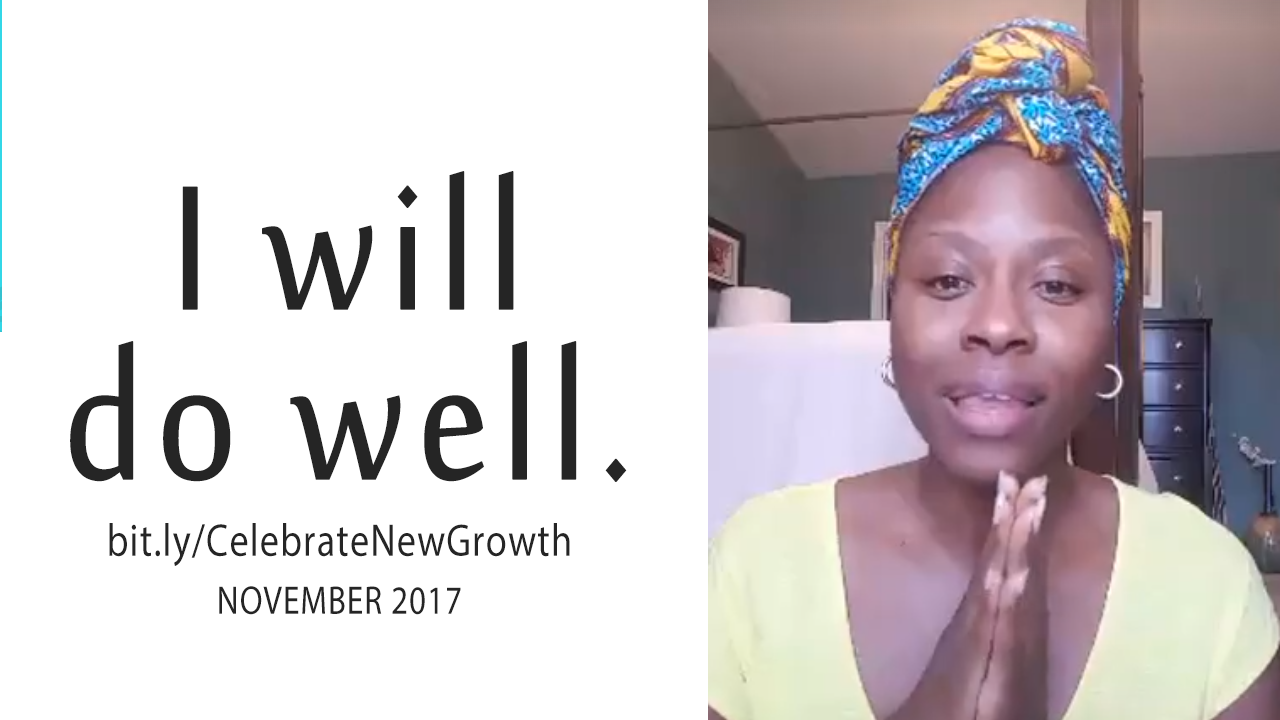
Depression Management In a Crisis (What I *Did* in a Stressful Situation with Depression Diagnosis)
Depression Management In a Crisis 😔 (What I *Did* in a Stressful Situation with a Depression Diagnosis)
In life, crises can happen when we least expect them. The emotional toll that these events can have on our mental health is often profound. For many, managing depression during these challenging times becomes even more critical.
Let’s explore my personal account of dealing with major depressive disorder amid a crisis based on what I shared in my previous post: What I Do When I’m Depressed.
What Crisis Roshini?
On Tuesday, Oct 17, my son Zion, a non-ambulatory wheelchair user with developmental delays and low to no pain response below his waist, returned home via school bus with an acute fracture of his left leg and in the process of respiratory failure. 😐
We rushed him to his pediatrician, and he was transferred to the ER, transported to his primary hospital via ambulance, and hospitalized in the pediatric intensive care unit and regular hospital floor for four nights, with my husband and I sleeping on chairs at his bedside and encountering a few negative experiences with medical professionals who not listen to us, one of which, when we insisted and were proven right BY X-RAY, they had to remove and over.
He was discharged late Saturday night with his left leg in a splint, using a loaned wheelchair because his personal wheelchair no longer worked with the splint, and on supplemental oxygen and antibiotics.
On Thursday, Oct 27, we took him for a follow-up at the hospital, and, per X-ray, his leg is now setting nicely, and swelling is down, so the splint was removed, and a cast was applied, which he will have to wear for five more weeks.
During this experience, many of the medical professionals were terrific. Unfortunately, we also encountered TOO MANY NEGATIVE EXPERIENCES with medical professionals and school administration. That meant us having to advocate very intentionally and persistently while actively and passively being opposed by medical and school officials FOR DAYS. 🫠🫠
As of this post, Zion is doing well. He is moving in the desired direction concerning being on oxygen, hoping he will not have to be on it all the time. We are working on the aftermath of the medicines given and trying to get him a wheelchair solution that fits his legs once the cast comes off, and we have to return the loaner wheelchair from the hospital. He is in good spirits. We are bone tired and traumatized.
Validating Your Feelings
One of the first steps in managing depression during a crisis is validating your feelings. Our experience in the emergency room, where medical professionals were not fully listening to our concerns, is a testament to the importance of self-advocacy. Despite the stress, anxiety, and pushback we faced, I did not allow myself to be gaslit. My feelings were valid and mostly proven to be correct as time progressed. In a crisis, it’s crucial to trust your instincts, not let others undermine your emotions, and intentionally hold space for whatever comes up.
Embracing Emotional Release
Another vital aspect of managing depression in a crisis is embracing emotional release. I intentionally allowed myself to cry when the weight of the situation became too much to bear. Often, we’re told to stay strong, but bottling up emotions can exacerbate depression. Allowing myself to cry when needed was a therapeutic release.
Sticking to a Routine
Establishing a sense of routine amid chaos can provide stability and a sense of control. Even in the hospital, I tried to maintain some aspects of my daily routine, like morning stretches and affirmations, and supplements and an eyemask while sleeping at his bedside.
Diet and Hydration
Proper nutrition and hydration are often overlooked in a crisis, but they are crucial for maintaining mental and physical well-being. I must admit that my diet wasn’t ideal during my son’s time in the hospital. The stress of the situation led to emotional eating, but when it was possible, I quickly recognized the importance of getting back on track with a balanced diet.
Quality Sleep and Rest
In a crisis, quality sleep and rest can be elusive. It was challenging to sleep in the hospital on a chair trying to advocate for my son’s care with a nurse who was actively not keeping her promises to me. As best as I possibly could, I ensured a peaceful environment and maintained as good sleep hygiene as I possibly could.
Movement and Exercise
While regular exercise may not be feasible in a crisis, the importance of movement cannot be understated. I could not do my usual stretches on the floor, but I tried to incorporate some physical activity where possible, like a short walk or some gentle stretches.
Deliberate Light Exposure
Sunlight and fresh air can do wonders for mental health. I was stuck in a hospital room, but I did make an effort to open the blinds and spend some time outside when possible. This is a reminder that even small acts of getting some sunlight can boost mood and alleviate depressive symptoms.
Connecting with Others and Seeking Support
I contacted a core group of people, clarifying that I was not okay. Gone is the “strong Black woman” persona that has been modeled for me and that I participated in, believing it was my only option. This courageous act of vulnerability and seeking support is a testament to the importance of sharing my feelings and struggles with those who care about me. Bearing the burden alone only adds to the weight of depression.
The Role of Mindfulness
I intentionally engaged in self-talk when intrusive and depressive thoughts attempted to take over. This mindfulness practice allowed me to differentiate between my thoughts and the depressive mindset triggered by the crisis. By addressing the depression as a separate entity and grounding myself in the present moment, I managed my depression well enough to continue to show up in the challenging moments to make sure my son got the care that was needed.
Maintaining Positivity and Hope in the Face of Adversity
In moments of crisis, it is important to challenge negative thoughts and not attribute stressful circumstances to permanence or inevitability. Life’s ebbs and flows have brought me many moments of beauty and joy amid the chaos. I intentionally used my practice outside of the dark moments to remind myself that this, too, like every other dark moment prior, will pass.
Action Over Rumination
Rather than letting my mind spiral into endless thought loops, I took action. This broke the cycle of rumination and prevented it from becoming all-consuming. When thoughts began to spin, I actively addressed issues or made a plan to do so in the future.
Staying Present
Depressed minds often dwell in the past or project anxiously into the future, all while neglecting the only moment we have – the present. Whenever my mind started leaving to what happened or what might happen, I did my best to return to the now and do something to improve/enjoy it.
I hope you find these tips helpful on your journey to a more managed mood. Your depression does not define you, and many of us can learn to manage it effectively, even when life presents its most daunting challenges. You’ve got this, and you’re not alone on this journey towards healing. Commit to improving your depression one step at a time. You deserve it.
🤎 If you know someone living with depression, share this post with them.
✨ I’ve started going live in my Find Your Life Coaching Community—a free space on Facebook created exclusively for black women seeking healing and empowerment. It’s brimming with valuable information, just like in this post, so join us there for a wealth of information and the community you deserve.
💝 I have a special gift for those genuinely focused on embracing change. It may help you create an anchor to reference in the difficult moments of life. If I asked you the question, Who are you? could you answer? If not, you’re not alone. Many do not know who we are and do not understand our identity and its components. Due to this lack of self-concept, we don’t know specific tasks that reach any greater goal and wander through life aimlessly instead of creating an intentional life lived well. Knowing who you are gives you clarity that guides you through life, providing a measure against which to align decisions, choices, boundaries, and more. That’s why I created the ‘Who Am I?’ ebook. Who Am I? is your essential identity workbook to answer life’s most important question. It walks you through a simple framework for identity work and, even better yet, continually teaches you that framework to use in the future. You can download your copy for free (yes, for $free.99, girl, lol) and begin your work today!
You’re welcome. 🍍✨
. . .
✨🍍👇🏾 𝚖𝚎𝚗𝚝𝚒𝚘𝚗𝚎𝚍 𝚒𝚗 𝚝𝚑𝚒𝚜 𝚟𝚒𝚍𝚎𝚘
Last week’s video: What I Do When I’m Depressed 😔 (Ways I Manage Depression) ✨
My son https://www.instagram.com/zionbeautiful/
Solo Bliss: My Solo Self-Care Staycation Planning Tips
Go Lay Down: 20 Intentional Ways to Improve Your Sleep 😴
My sleep app: https://www.sleepcycle.com/
My Cashapp is $glamazini
My PayPal is http://paypal.me/Glamazini
My flower subscription is from https://bouqs.com/
The Big Leap book by Gay Hendrinks is here under ‘books’ http://bit.ly/GlamaziniAmazonStore
My fitness wearable https://www.whoop.com/
Transform your life one “now” at a time!
My 🍍✨God wink is near the end of this.
My free Facebook coaching community for black women healing 🤎
If you are dealing with suicidal thoughts, persistent feelings of hopelessness, or lack of support, reach out to a number or website below:
Please call: In the U.S.
call 988 (Suicide and Crisis Lifeline)
call 1-800-273-8255
Hours: Available 24 hours. Languages: English, Spanish.
1-800-273-TALK (1-800-273-8255)
1-800-SUICIDE (1-800-784-2433)
For Hearing and Speech Impaired with TTY Equipment:
1-800-799-4TTY (4889)
If you or someone you know is in immediate danger because of thoughts of suicide, PLEASE CALL 911
SuicidePreventionLifeline.org/
SuicideHotlines.com/national.html
Warning signs: Suicide Warning Signs
Outside of US, please contact your local emergency number.












